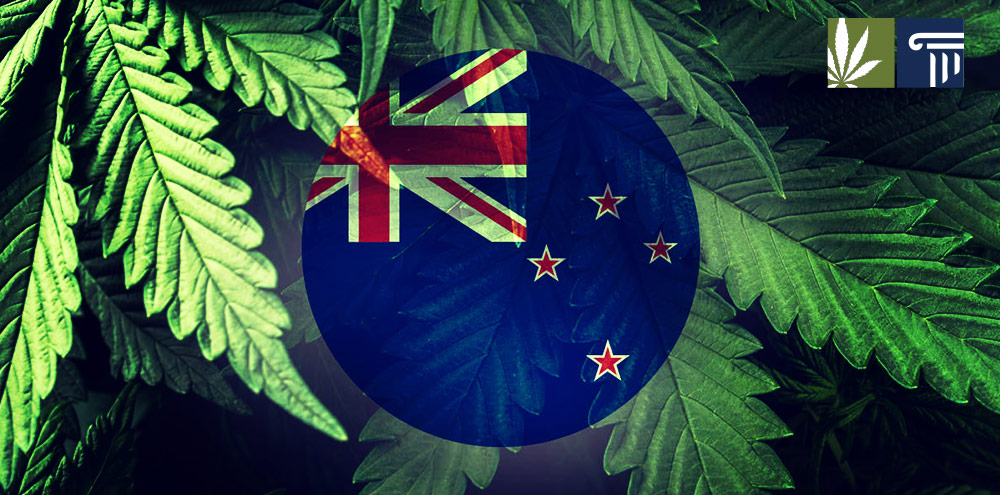Preliminary results from New Zealand’s referendum on recreational marijuana legalization indicate the measure has been rejected by voters, though 17 percent of votes have yet to be counted.
Of the votes cast on election night, 46 percent – 1,114,485 – were in favor of cannabis legalization while 53 percent – 1,281,818 – were against it. These figures, however, do not include approximately 480,000 ‘special voters.’
This category of persons includes New Zealand citizens overseas and prisoners serving sentences not exceeding three years, as well as individuals who only registered to vote recently and students at schools in a district different to their parents’ address.
While election observers recognize the majority of special voters are likely to favor legalizing marijuana, it would require a huge swing in order to pass.
“For the cannabis referendum result to change it would require roughly 70 percent of the special votes to go in favor,” according to Justice Minister Andrew Little of the Labour Party, which secured a second term on the night with a resounding win.
New Zealand’s marijuana referendum marks the first time a country has put the question to its voters. The vote is the result of an agreement struck between the Green Party and Labour in order to install Jacinda Ardern as Prime Minister and form a coalition government. Green Party MP Chlöe Swarbrick was instrumental in making that deal happen and has been a prominent voice in favor of legalization throughout the referendum campaign.
“Today’s result shows what we had long assumed, that it was going to be really close and that we need to wait for the specials to be sure of the result,” she said. “We have said from the outset that this would always come down to voter turnout. We’ve had record numbers of special votes.”
Details of the marijuana legalization proposal were unveiled earlier this year following negotiations between all three governing coalition partners. The resulting measure would allow for the possession, purchase and cultivation of up to two plants for personal use by adults 20 and older. It would establish a regulated and taxed market including retail spaces that allow on-site cannabis consumption.
Proponents of the measure argue marijuana legalization would funnel money away from criminal organizations that could instead be invested in public services, such as healthcare. The marijuana legalization measure includes such a provision stipulating an undefined portion of retail sales tax must be allocated towards national health services. Marijuana reform advocates also said legalizing cannabis would help reduce racial disparities faced by indigenous Maori in the enforcement of prohibition.
The vote would be non-binding but Prime Minister Ardern vowed to respect the outcome of the vote and introduce legislation to legalize if the measure passed. To the frustration of marijuana legalization supporters, however, Ardern refused to say how she would vote on the issue. Given her popularity among the electorate and the dwindling support for legalization in the run up to the referendum, Ardern’s endorsement could have pushed the measure over the line but the prime minister said she did not want to influence the outcome. Only after the release of the preliminary results, Arden revealed she voted in favor of legal cannabis and in favor of a separate measure to allow assisted dying for terminally ill individuals.
The results of the special votes won’t be known until November 6. If New Zealand were to approve recreational marijuana sales, it would join Canada and Uruguay as the third country in the world to do so.






